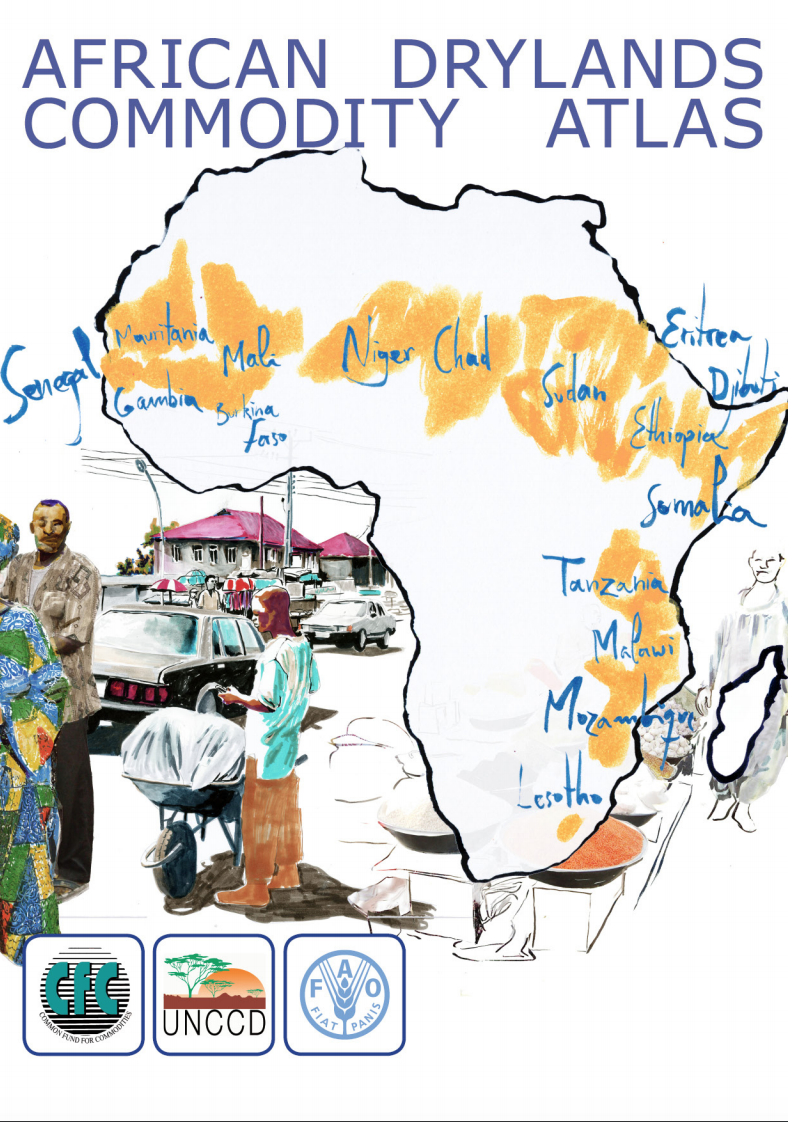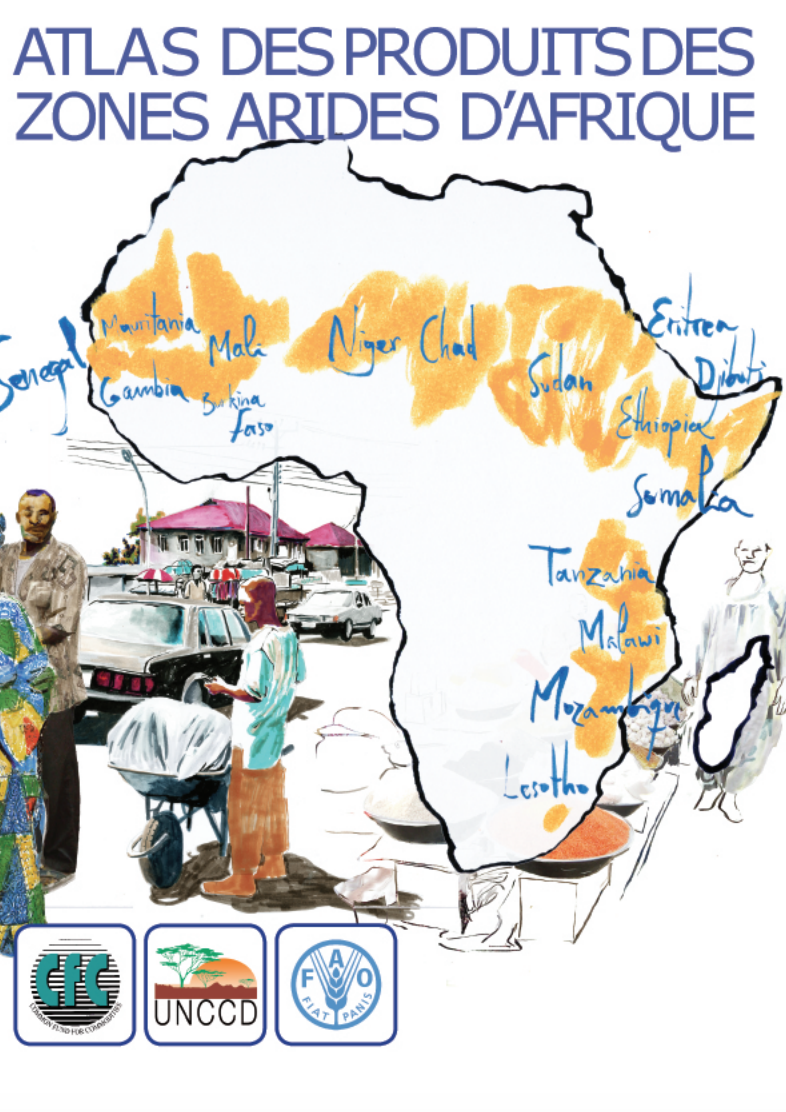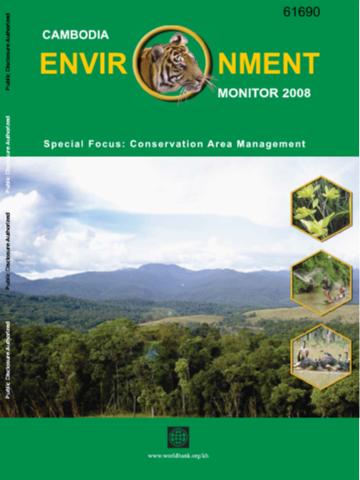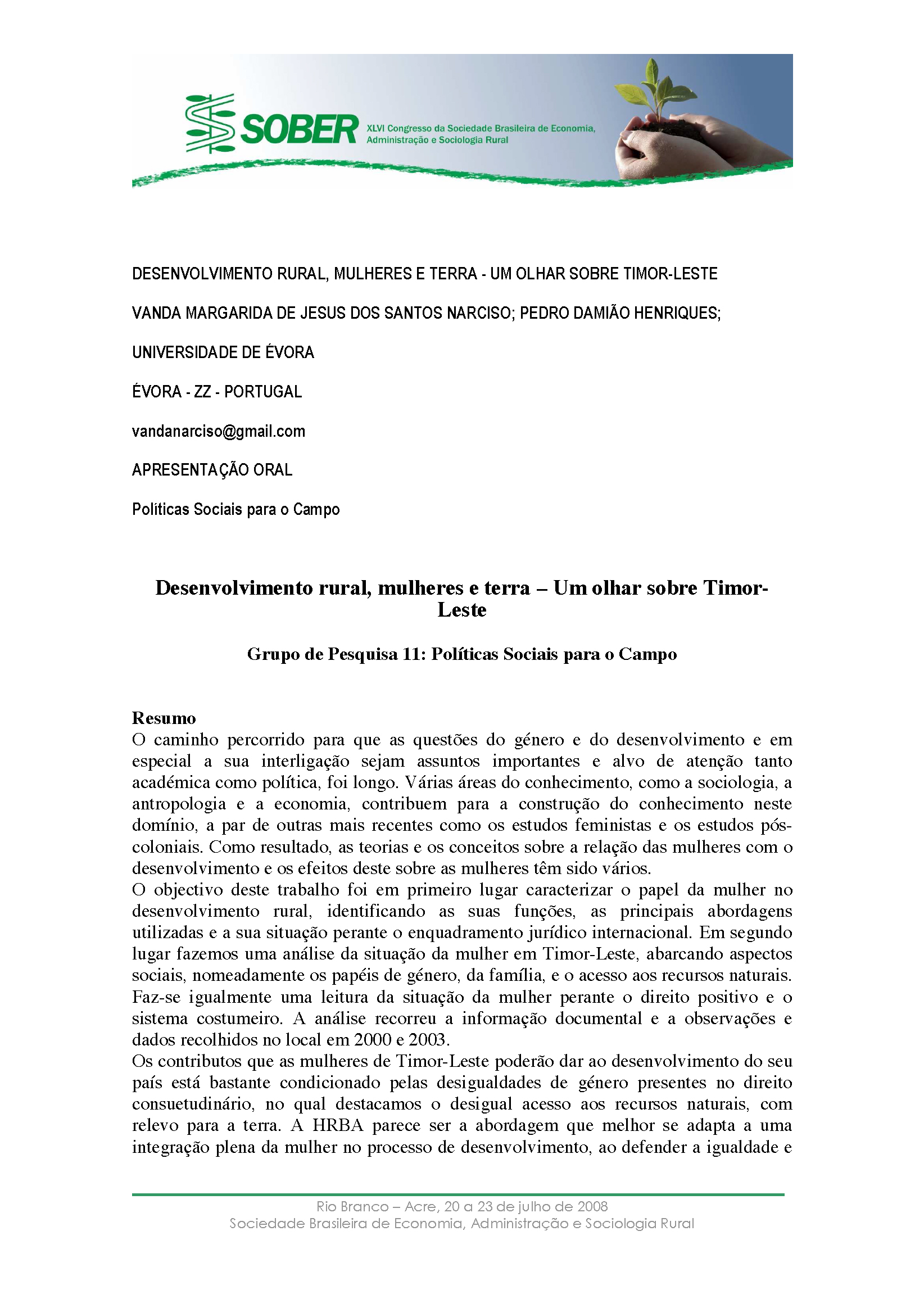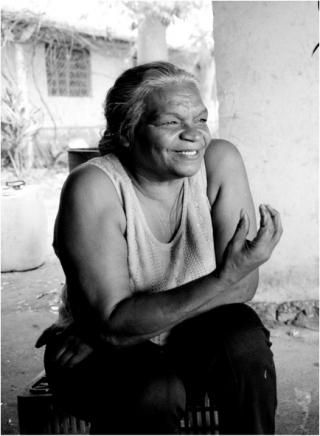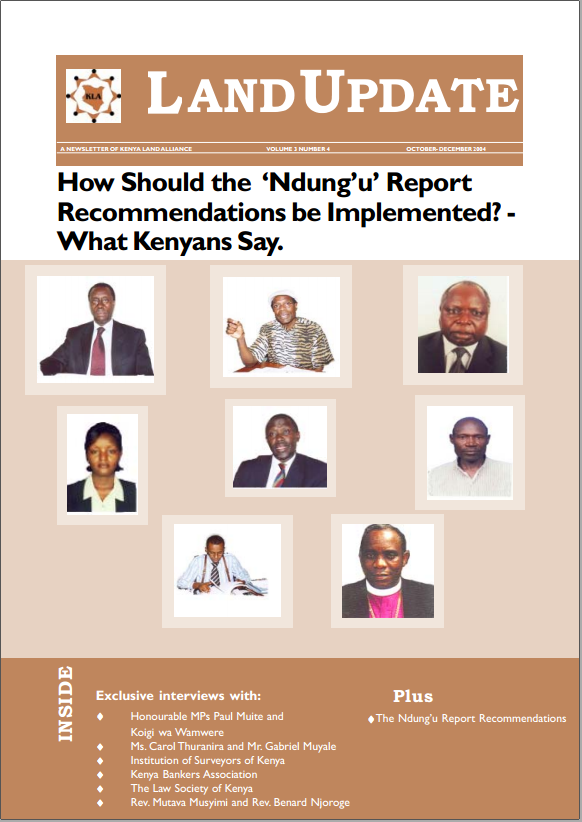African Drylands Commodity Atlas
Desertification is defined as land degradation in arid, semi-arid and dry sub-humid areas, resulting from various factors, including climatic variations and human activities. More than one third of the surface of the earth consists of drylands. In terms of population, one out of every five people of the world live in already degraded or desertification-prone drylands. These people include many of the world’s poorest, most marginalized, and politically weak citizens. For instance, nearly 325 million people in the African continent live in drylands.

